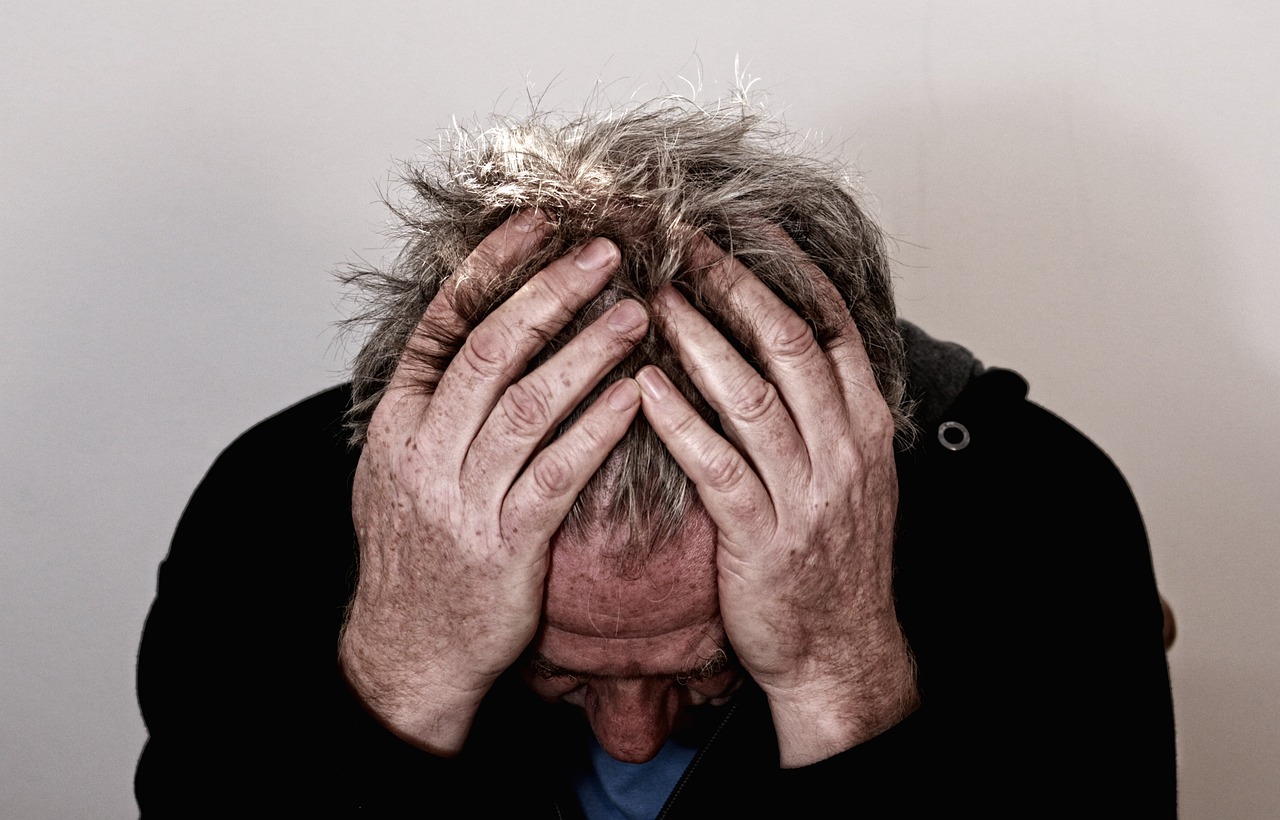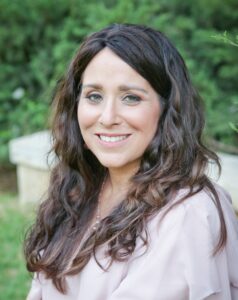
Featured Item

Returning soldiers ‘like Vietnam vets’, says trauma counsellor
While Israel’s war is raging in Gaza, the psychological injuries inside the country are creating gaping wounds throughout society that will take a long time to heal.
“Our reserve soldiers went off to defend their country, thinking they would be gone a week. Now, almost five months later, some of them are returning, having experienced horrors nobody should live through. And many will have to go back,” says American-born Israeli marriage, relationship, and trauma therapist Micki Lavin-Pell.

Lavin-Pell is one of many therapists working around the clock trying to help returning soldiers reconnect to their partners and families, a task which has proved extraordinarily difficult. She compares the situation to returning Vietnam war veterans.
“In many cases, a soldier left as one person and returned quite changed due to their scars, both physical and psychological, and it’s not easy for their wives, children, and family to understand or give them what they need to heal,” she said.
“Our soldiers are returning, having spent months not sleeping in a bed, not having washed, being constantly on guard in case of an attack, having seen death and destruction, in many cases of their own friends. And now they return to a reality of life having gone on back home.
“They’re reluctant to speak about what they witnessed, the horrors they faced. Who would want to put those images in someone else’s head? Why would they want to burden someone else with that hellish nightmare? They believe that only those who were there, who experienced it with them, can understand,” said Lavin-Pell.
However, they need to express their emotions and fears on returning, she said. It isn’t about recounting the details; it’s about the feelings – pain, anger, confusion, fear, and the haunting “what ifs”. Keeping these feelings bottled up only makes the burden heavier and it will prevent them from breaking down barriers with their wives and family, she said.
However, the Israeli government is offering only three session for couples and three individual trauma therapy sessions to soldiers. “It’s a joke! Three sessions gets people comfortable, but can’t even begin to help them,” she said. However, she understands that no matter how desperately therapy is needed, “Israel is a war-ravaged country, and we are scrimping and begging to get money for our boys to have basic helmets, breast plates, and other equipment to safeguard them.”
Nevertheless, the situation is dire. She recalled one returned soldier whose job in Gaza was to clean up the bodies of people of all ages. He had seen so many little Palestinian children. “When he came home, he attended an event at his child’s gan (nursery school), and just started sobbing because the images flooded back of all the little bodies.”
Another soldier returned from Gaza and went to friends for Shabbos. Everyone was laughing and just having a good time, and he lost it, shouting, “How dare you have a good time? Do you understand what’s going on just 10km south of here?” He was just so angry about the fact that the rest of Israel had moved on but his head was still in the war,” Lavin-Pell said.
Not all situations are as explosive, but so many family relationships have floundered on the soldiers’ return.
Many left their wives to go on miluim (reserve duty), came back months later, and they haven’t been able to communicate properly or understand each other since.
Some men came to speak to her after she gave a talk about this situation, Lavin-Pell said, and they all said that although they dreamt of being home with their wives and families while in Gaza, now all they wanted was to be alone.
“They spoke of having been surrounded by a bunch of smelly men for so long, and having experienced horrific things, and all they wanted was to be on a beach on their own for a month or so,” she said. “They were clear that being with their wives and children and back at work was far too overwhelming for them. But, of course, life doesn’t offer them that luxury as there’s an economy to rebuild.”
She said the men were traumatised, and wanted to share it with their wives, but don’t know how. “They need a lot of patience from their wives to be able to do so, but so often, life is so busy, wives and husbands don’t have the time for that.”
Some of these returning soldiers had “eyes wide and unblinking, looking like they had been through hell”, she said. “They need time to decompress and deal with what they have experienced.”
Lavin-Pell tells of how women had no choice but to take on all the responsibilities back home and step up to all the tasks. Now, after months, their partner is back, but they have learnt to navigate it all alone. They are afraid to let their partner in because he might have to leave again. Alternatively, they have developed their own style of dealing with everything, and it’s not the same style that works for their husband or partner.
“Some of the children may be used to sleeping in the bed with their mothers while their dads weren’t home, and it’s not easy getting them to change habits, not least of all because of fear,” Lavin-Pell said. “Some don’t want their dads taking them to school because they got used to having someone else do it, or they are scared to let him in because he may be leaving again. It’s tough for children having their fathers home for two days and then gone again for ages.”
Since the beginning of the war, Lavin-Pell – whose son is soon to be conscripted into the Israel Defense Forces – has also been holding support groups for the parents of soldiers. “They aren’t sleeping at night, and they get up every morning to check the media to see if their sons’ names are there. They are constantly checking their children’s WhatsApp groups, and those for parents or partners of soldiers,” she said.
Knocks on doors have become their biggest fear as it represents being told by the army that their sons have been killed or wounded. “They all pray they don’t get that knock, and they absolutely jump if anyone is foolish enough to knock on their front doors,” she said.
“There are some parents who won’t even leave their homes, not even to go for Shabbos, in case they miss that knock on the door, which they dread.”
Lavin-Pell said that though they live with pride, they also live with terror while their sons are in Gaza.
They aren’t alone in their trauma. There’s also the trauma of the 7 October survivors from the south, who were moved from their homes after the massacre. There are those in intelligence who feel guilty because they weren’t fighting in Gaza, but perhaps had friends who were killed there. And the list goes on.
“Don’t stop praying for us and remembering who we are and what our chayalim are doing,” she said. “Our chayalim are fighting an honourable war for the Jewish world.”










